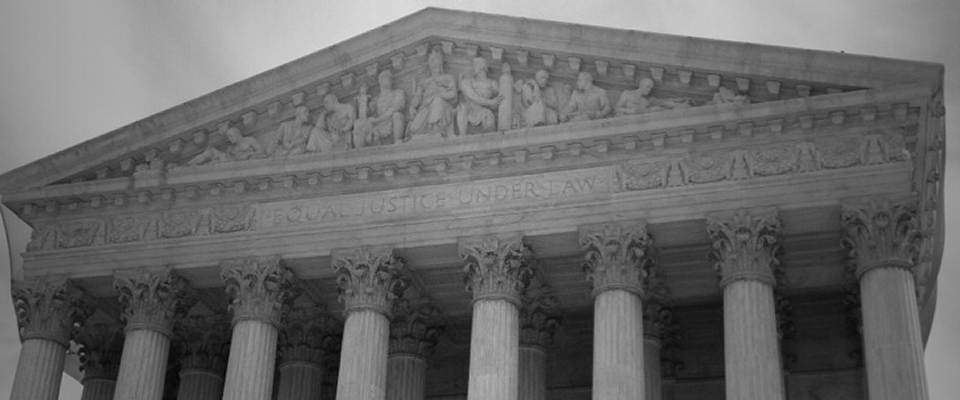HARTFORD – The United States Supreme Court ruled today that a key component of taxpayer funded campaign schemes like that used in Connecticut unconstitutionally violates the First Amendment free speech rights of candidates, their supporters, and taxpayers.
Ruling in Arizona Free Enterprise Club’s Freedom Club PAC v Bennett, the Court threw out the use of taxpayer-financed matching funds, saying that “burdening the speech of some—here privately financed candidates and independent expenditure groups—to increase the speech of others is a concept ‘wholly foreign to the First Amendment’.”
“We applaud the Court’s ruling today as a victory for free speech. Taxpayers should not be forced to pay for the campaigns of candidates they oppose,” said Fergus Cullen, Executive Director of the Yankee Institute for Public Policy, which was an original party to the case on a friend of the court basis. “When government is involved in leveling a playing field, it usual means tipping the field for or against certain candidates. We think government should leave it to the voters to determine election winners and losers,” Cullen said.
Last year, Gov. Dannel Malloy received $8.5 million in taxpayer funds for his campaign, including $1.25 million in matching funds in his successful primary campaign. Counting legislative and down ballot candidates, $27.1 million in taxpayer funds were spent on political campaigns in Connecticut last year. Using tax dollars to pay for political campaigns amounts to “welfare for politicians,” according to Cullen.
“Connecticut’s entire system of taxpayer funded political campaigns stands on very shaky Constitutional ground,” Cullen said.
Arizona Free Enterprise Club challenged an Arizona law that uses taxpayer funds to assist certain candidates competing against privately funded candidates. Specifically, Arizona challenged so-called “matching grants” like those used in Connecticut’s gubernatorial primaries last year. More broadly, the case challenged the notion that the state has a compelling interest in leveling the playing field among candidates by using public funds to ensure they have equal resources. This is the premise of so-called clean elections laws in place in ten states. Arizona, Connecticut, and Maine have the broadest such laws.
The Yankee Institute was an original amicus participant in the case. Underscoring the case’s relevance to Connecticut, Attorney General George Jepsen and former candidate Ned Lamont signed onto briefs defending the law which has now been ruled unconstitutional.
- The Court’s decision is here
- McComish case background
- Yankee Institute brief for petitioner
- SCOTUS blog containing links to all related filings

